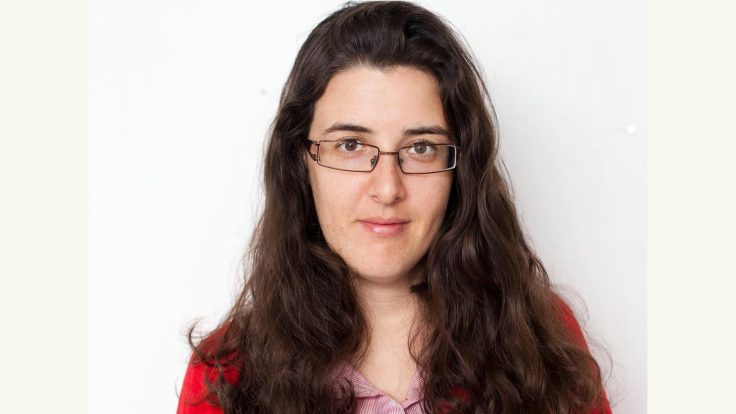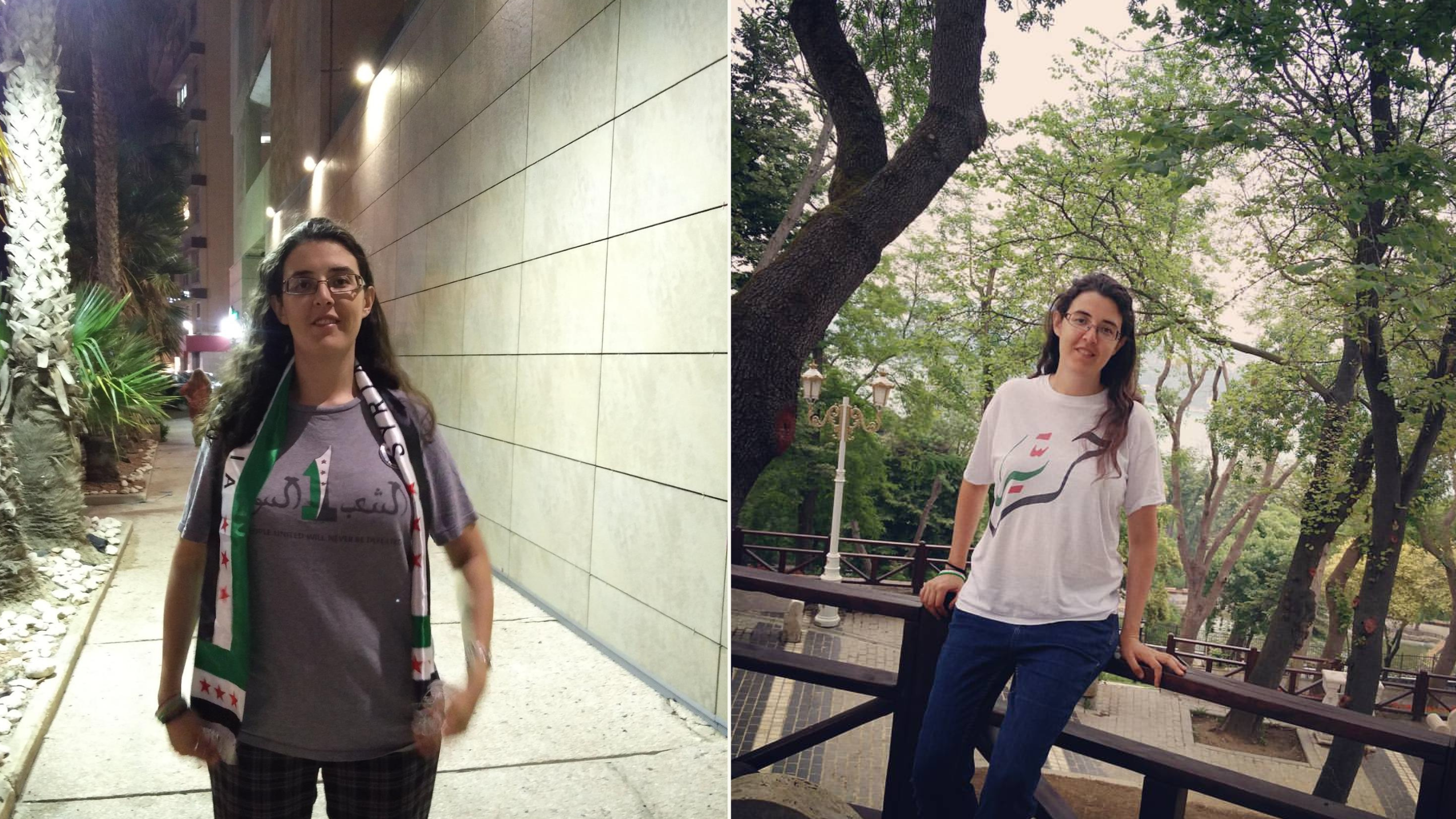Who Is Elizabeth Tsurkov? 10 Photos of the Israeli-Russian Academic Freed After 2 Years in Iraqi Captivity
Elizabeth Tsurkov, a Princeton doctoral student, was released by Kata'ib Hezbollah after more than two years of captivity in Baghdad.

After more than two years in the hands of her captors, Princeton doctoral student Elizabeth Tsurkov is finally free. The Israeli-Russian academic, seized in Baghdad by Iran-backed militia Kata'ib Hezbollah in 2023, has been released and is now in US custody.
Her ordeal, defined by academic ambition colliding with political danger, became an international drama that consumed governments, rattled diplomats and left her family in anguish.
Now, after 26 months of fear and uncertainty, the story of her survival is sending shockwaves across the world.
Who Is Elizabeth Tsurkov
A dual Israeli-Russian citizen, she is a doctoral candidate at Princeton University and a fellow at the New Lines Institute for Strategy and Policy.
Her research focused on Iraqi politics, Shiite militias, and movements like those led by Moqtada al-Sadr.
She had entered Iraq on her Russian passport, determined to pursue fieldwork despite the clear risks.
On Twitter, where she commanded a following of tens of thousands, she openly described herself as 'passionate about human rights'.
Her kidnapping struck the academic world hard. Princeton President Christopher L. Eisgruber called her release 'a moment of relief and joy', praising her bravery and intellect.
Colleagues at Princeton noted that she was deeply committed to giving voice to ordinary Iraqis caught in political turmoil.




The Kidnapping in Baghdad
Tsurkov vanished in March 2023 while conducting doctoral fieldwork in Baghdad's Karrada neighbourhood, a bustling district where academics, journalists and political operatives often mingle.
It was there, in broad daylight, that armed men seized her as she left a café.
Iraqi intelligence quickly linked the abduction to Kata'ib Hezbollah, a Shiite militia with deep ties to Tehran. For months, silence surrounded her case, fuelling fears she might have been killed. It was not until July 2023 that proof of life surfaced, providing some comfort to her devastated family but underscoring the dangerous reality of her captivity.
Her ordeal reportedly included months of mistreatment, with Trump later confirming that she had been tortured. Her captivity became a bargaining chip in a wider geopolitical struggle.
Why Was She Targeted?
The motives behind Tsurkov's abduction go far beyond opportunism. Kata'ib Hezbollah, often described as one of the most powerful pro-Iran militias in Iraq, is accused of using her as leverage at a time of rising tensions with both the United States and Israel.
Sources familiar with the negotiations claim her release was tied to discussions over the gradual withdrawal of US troops from Iraq, an issue hotly contested by militias and political leaders alike.
The release of Russian citizen Elizabeth Tsurkov is the result of tireless efforts by Iraq’s state institutions and security agencies, which spared no effort in upholding the law and safeguarding the authority of the state. 🇮🇶 pic.twitter.com/nKF1QwtoaD
— سفارة العراق – واشنطن| Iraqi Embassy in Washington (@IraqinUSA) September 9, 2025
Kata'ib Hezbollah later stated it freed her to prevent Iraq from being dragged into wider conflict — though many analysts believe the group yielded only under pressure.
A senior Iraqi official revealed that militia leaders feared assassination by Israel if they continued to hold her, a scenario that became increasingly likely as regional tensions boiled over. For them, letting her go was a calculation of survival rather than compassion.
The International Reactions
The news of Tsurkov's release sparked a wave of international responses. President Trump, in his announcement, cast himself as the dealmaker who secured her freedom and used the opportunity to demand Hamas release other hostages.
🚨 JUST IN: President Trump has secured the RELEASE from Hezbollah of Elizabeth Tsurkov, a Princeton Student, whose sister is an American Citizen
— Eric Daugherty (@EricLDaugh) September 9, 2025
"[She] is now safely in the American Embassy in Iraq after being tortured for many months. I will always fight for JUSTICE, and never… pic.twitter.com/kMZjdGffkh
Israel, meanwhile, reiterated warnings for its citizens to avoid Iraq altogether, highlighting the peril faced by anyone travelling there.
Iraq's government sought to downplay the affair, calling the kidnappers a 'group of outlaws', though few doubt the power and influence of Kata'ib Hezbollah. Analysts suggest her release may signal the militia's growing concern over international scrutiny and Israeli retaliation.
Qatar and regional partners have also monitored the situation closely, mindful of how incidents like this intersect with broader conflicts stretching from Gaza to Tehran.
For the United States, which still maintains thousands of troops in Iraq, the episode is a stark reminder of how easily its citizens can become pawns in militia politics.
My entire family is incredibly happy. We cannot wait to see Elizabeth and give her all the love we have been waiting to share for 903 days. We are so thankful to President Trump and his Special Envoy, Adam Boehler. If Adam had not made my sister’s return his personal mission, I… https://t.co/vuwPu2Xlci
— Emma Tsurkov #FreeElizabeth (@emma_tsurkov) September 9, 2025
For Tsurkov and her family, however, the ordeal is finally over. After more than two years in captivity, she is expected to return home to a long-awaited reunion — a testament to resilience in the face of unimaginable hardship.
© Copyright IBTimes 2025. All rights reserved.





















